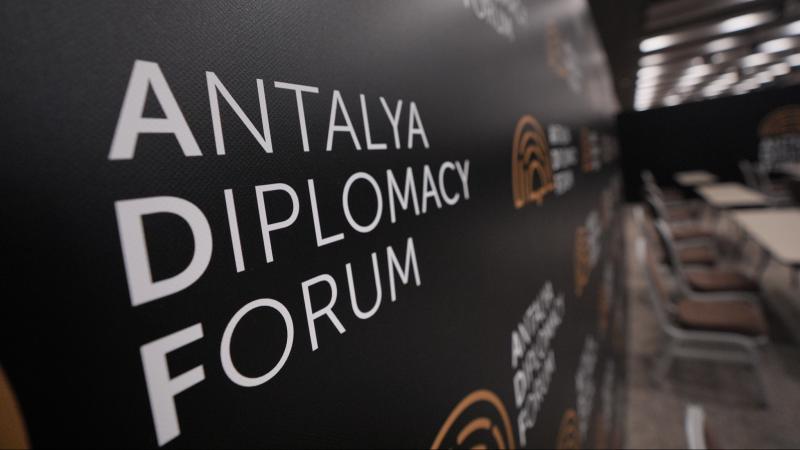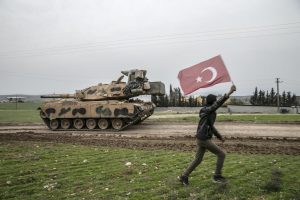Last week was the week of the Antalya Diplomacy Forum (ADF). The forum, which has been organized for five years, has improved every year and reached a good point. As someone who was present at the last Doha Forum, I can say that ADF attracts more attention than similar events. The participation of more heads of state and ministers is the biggest indicator of this.
The exceptional aspect of the Forum was that it gathered Turkey’s friends. I noticed that there were not many participants from the Western world or from the eastern and southern countries that want to survive by siding with the West. They obviously do not share a common world view with the participants present. Even if they had come, they would not have been comfortable, because in the friendly atmosphere of the ADF, statesmen with a realist view of the world, where the strong oppress the weak, would have lost their taste. The atmosphere was so good that the President of Kosovo tried to speak Turkish, Turkish participants could communicate in Arabic with Arab participants, Erdoğan, the Indonesian leader and an African leader could speak to each other in the vernacular, and statesmen could link arms with each other. Western statesmen cannot even do this among themselves.
We do not know if this beautiful environment will gain an institutional identity, but it is certain that if it becomes institutionalized, it can definitely bring results for the benefit of everyone. Among the participating countries were powerful countries like Turkey, countries still struggling with civil wars like Sudan and Syria, countries that have just liberated their occupied lands like Azerbaijan, countries struggling for independence like Kosovo, small but powerful countries like Qatar, and poor African countries that have not yet escaped the effects of exploitation. Almost all of these countries have in common the fact that they have been slapped by the great Western powers. Those countries have never been treated as equals. They saw equality only when their resources were divided equally by foreign powers.
However, the sincerity of the ADF shows that these countries can be self-sufficient if there is no outside interference and if what they have is not coveted. Especially if more developed countries, such as Turkey, provide mentorship, relatively less developed countries can develop very quickly. In a symposium, I said that if developed countries transfer experience and knowledge to underdeveloped countries, the countries that receive support can develop. For example, if Turkey provides support to Mali, Qatar to Senegal, Saudi Arabia to Sudan, Indonesia to Mauritania, if non-imperial countries in the West support certain poor countries, partly financially and mostly in terms of consultancy in the fields of education, agriculture, infrastructure, etc., the face of these countries will change after 10 years. For example, imagine if Kuwait opened a university in Burkina Faso and provided everything from academics to material needs, wouldn’t Burkina Faso develop rapidly?
ADF has been a gathering of mentors and returnee countries with this idea. If the forum leads the way in putting these and similar ideas into practice, it will be successful beyond its mission. If these countries are gathering to talk about problems, they can also solve them. It is good to help those in need, but it is even better to eliminate the need. We hope that Antalya Diplomacy Forum will be a forum for solutions and pave the way for institutionalization in the context of mentorship.






